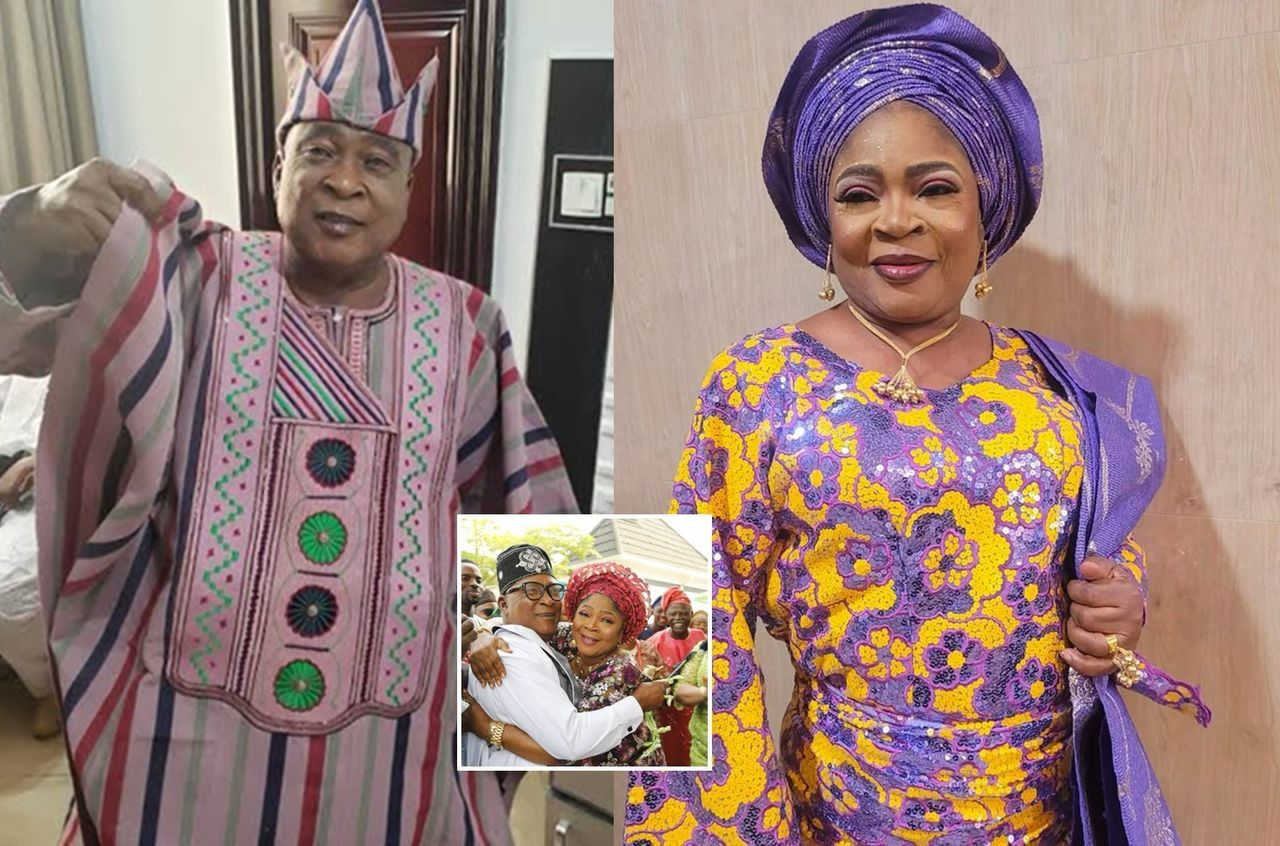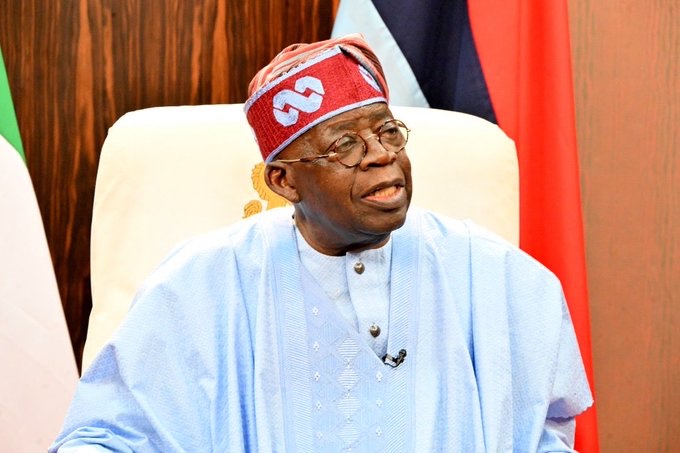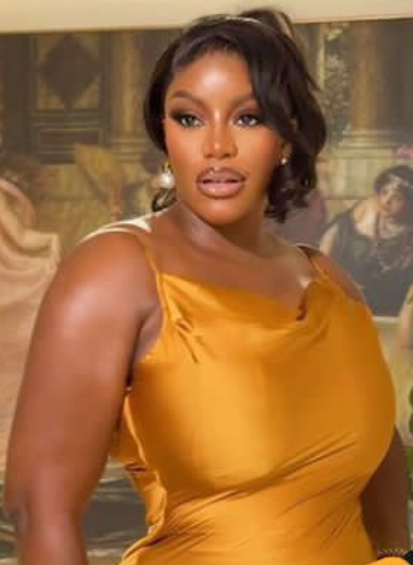
"She Is Still My Wife, Her Husband Is Just Loaning Her" - Veteran Fuji Musician Kollington Breaks Silence on Ex-Wife Salawa Abeni

Veteran Fuji musician General Kollington Ayinla has once again sparked a wave of reactions among fans and the music community as he recently addressed his relationship with his ex-wife, Queen Salawa Abeni, in a rather controversial manner. In a candid and somewhat provocative statement, the legendary musician declared that despite their separation and her subsequent remarriage, Salawa Abeni remains his wife, stating, "She is still my wife, her husband is just loaning her." The remark has left many stunned and curious about the dynamics between the former lovers, whose relationship remains a topic of public intrigue decades after their split.
Kollington Ayinla and Salawa Abeni's tumultuous relationship has long been a part of Nigeria's entertainment folklore. Their union, once celebrated as a powerful musical alliance, ultimately fell apart amidst personal and professional challenges. Salawa Abeni, known as the Queen of Waka Music, has since moved on and found solace in a new marriage. However, Kollington’s recent claim has brought their past back into the spotlight, raising questions about his sentiments and intentions.
In a recent interview, Kollington expressed his unfiltered thoughts, leaving little to the imagination. He maintained that although Salawa Abeni is currently married to another man, in his eyes, she still belongs to him. The audacious claim has elicited mixed reactions, with some interpreting his words as a sign of unresolved feelings, while others see it as a playful remark typical of the artist's flamboyant personality.
The Fuji maestro, whose music career has spanned several decades, did not shy away from expressing his enduring affection for Salawa. He emphasized that their bond, forged through love and music, remains unbroken despite the legal dissolution of their marriage. Kollington's choice of words, however, has sparked debate among fans and critics alike, with some questioning whether his remarks reflect a deeper emotional struggle or simply a desire to stay relevant in an ever-evolving entertainment landscape.
Salawa Abeni, on her part, has remained relatively quiet regarding Kollington's latest statement. Known for her dignified and resilient character, she has yet to publicly respond to her ex-husband's declaration. Nonetheless, those familiar with the pair understand that their relationship has always been layered and complex. The two artists, despite their separation, share a unique bond rooted not only in their romantic past but also in their musical journey, which significantly shaped Nigeria’s Fuji and Waka music scenes.
Some fans have expressed empathy for Kollington, suggesting that his statements might stem from a place of nostalgia rather than a genuine claim to Salawa Abeni’s current life. Others, however, perceive his words as an attempt to assert dominance or reclaim a sense of ownership, which they deem inappropriate given Salawa’s current marital status. Social media has been buzzing with opinions, as some netizens criticize Kollington for disrespecting his ex-wife's autonomy, while others view the situation as a reflection of unresolved personal feelings.
In the wider context of their professional lives, Kollington and Salawa remain highly respected icons in the Nigerian music industry. Their collaborative works during the height of their relationship produced timeless hits that continue to resonate with audiences. Even after going their separate ways, both have maintained successful solo careers, with Salawa Abeni remaining a celebrated figure in Waka music and Kollington retaining his influence in the Fuji genre.
Kollington's statement also raises broader questions about public perceptions of relationships and the lingering ties between ex-partners. In African cultures, where marriage and familial bonds are deeply rooted in tradition, comments like Kollington’s can be seen as both humorous and controversial. The notion of a man maintaining a claim over a former wife, even after she has remarried, reflects cultural nuances that may not sit well with modern ideals of autonomy and respect.
As the debate continues to swirl, some industry insiders speculate that Kollington’s remarks might also be a strategic move to draw attention to his musical endeavors. The veteran artist has been relatively low-key in recent years, and his candid interview has certainly reignited public interest. Whether intentionally or not, his words have placed him back at the center of media discourse, once again linking his name with that of Salawa Abeni, a combination that once captivated audiences with their dynamic musical synergy.
Amid the controversy, Kollington remains unfazed by the criticism. He reiterated his stance, emphasizing that his love and admiration for Salawa transcend marital boundaries. To him, the years they spent together are etched in his heart, and no subsequent relationship can erase that legacy. However, this view, while romantic in a sense, does not align with contemporary values of respecting personal choices and boundaries, especially in the context of remarriage.
Supporters of Salawa Abeni have voiced their disapproval of Kollington's comments, urging him to respect her current marriage and move on from the past. Meanwhile, fans of the Fuji icon argue that his words have been blown out of proportion, interpreting them as a harmless expression of enduring affection rather than an overt challenge to Salawa’s present relationship.
For now, Salawa Abeni continues to focus on her career and personal life, leaving Kollington's remarks unanswered. As the debate unfolds, it remains to be seen whether she will eventually address the issue or choose to maintain her silence, as she has done on similar matters in the past. One thing is certain: the legacies of both artists remain intact, despite the occasional stir caused by personal revelations and nostalgic reflections.
In the end, the public's fascination with Kollington and Salawa’s relationship endures, not just because of their shared history but also due to the enduring impact of their music on Nigerian culture. While opinions remain divided on the appropriateness of Kollington’s remarks, his unwavering assertion that Salawa Abeni remains his wife, despite her current marriage, continues to be a talking point, reigniting conversations about love, legacy, and the complexities of moving on."


